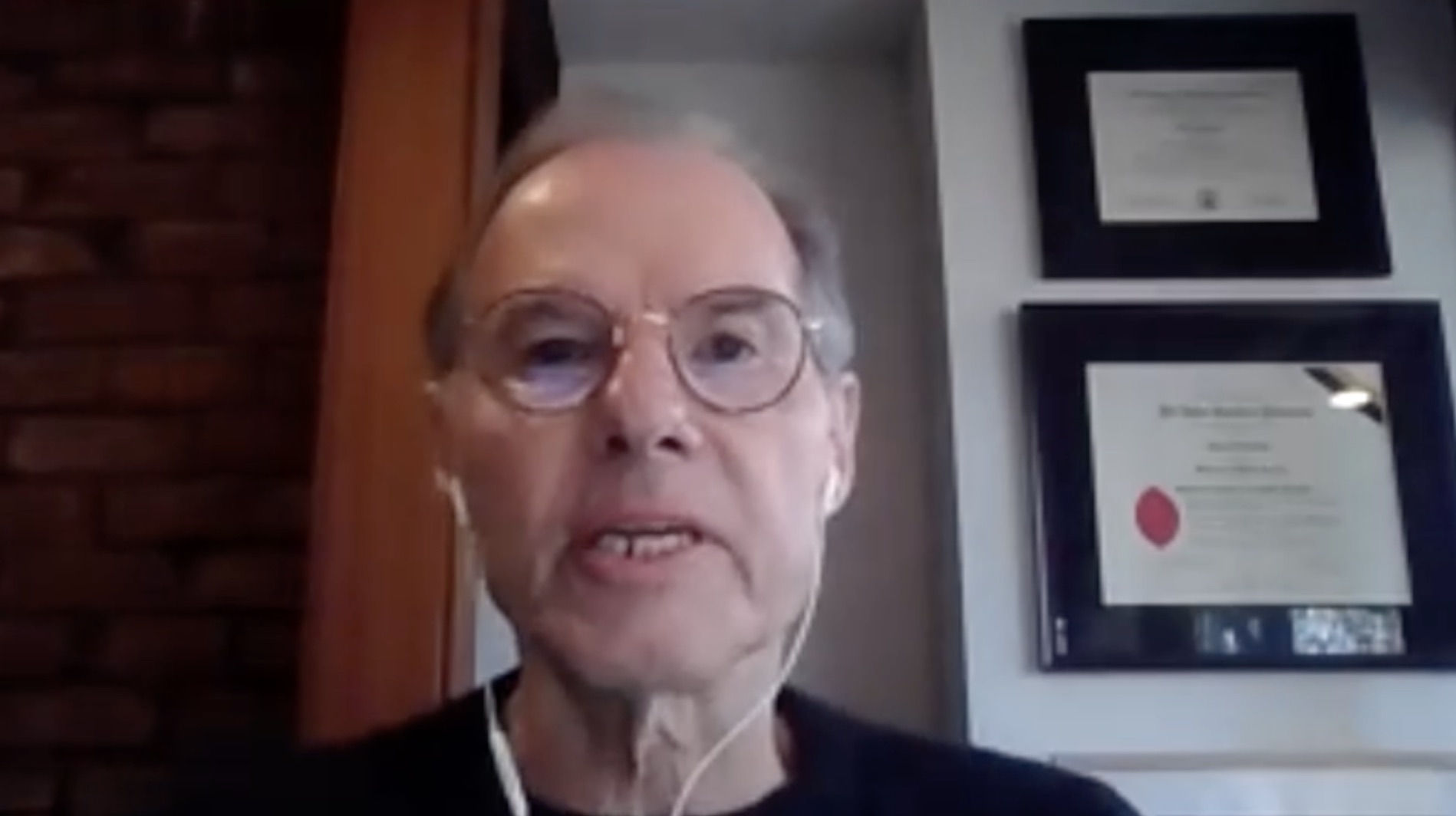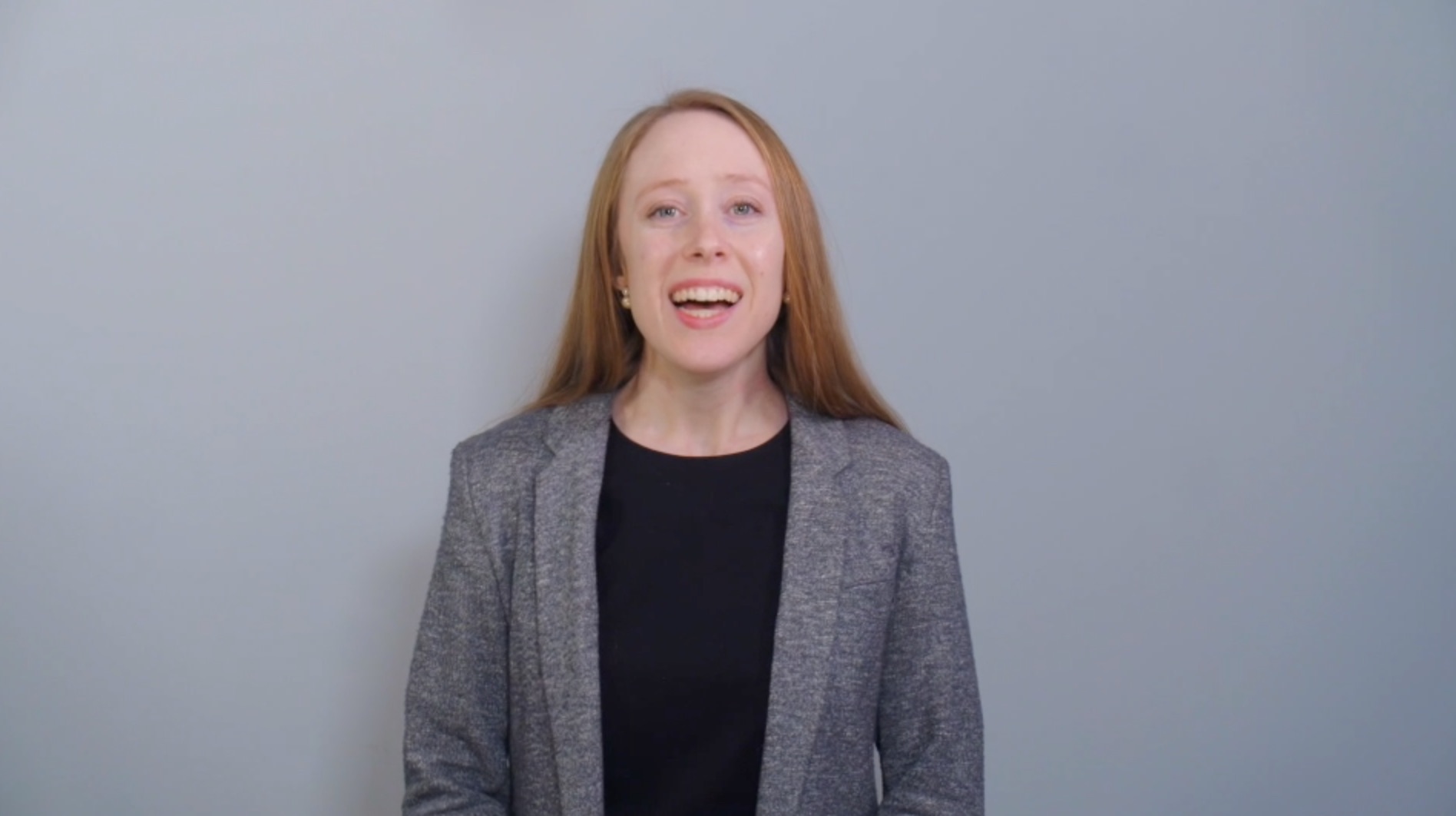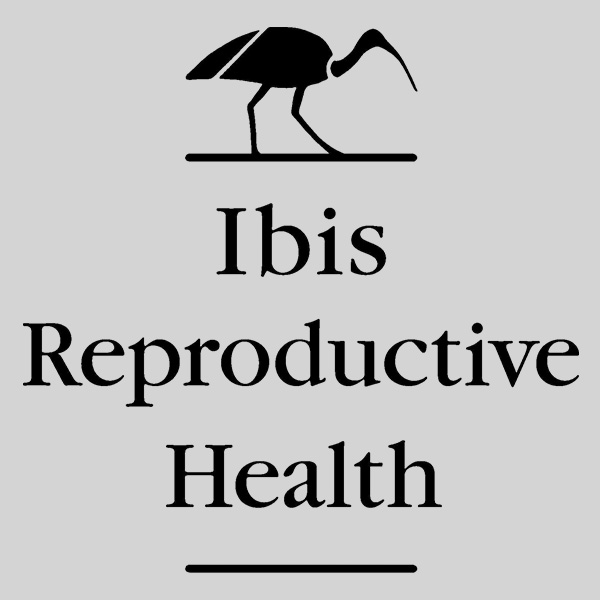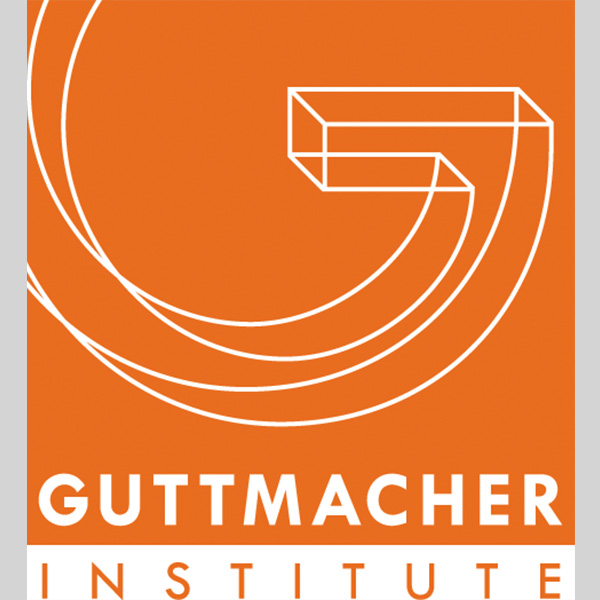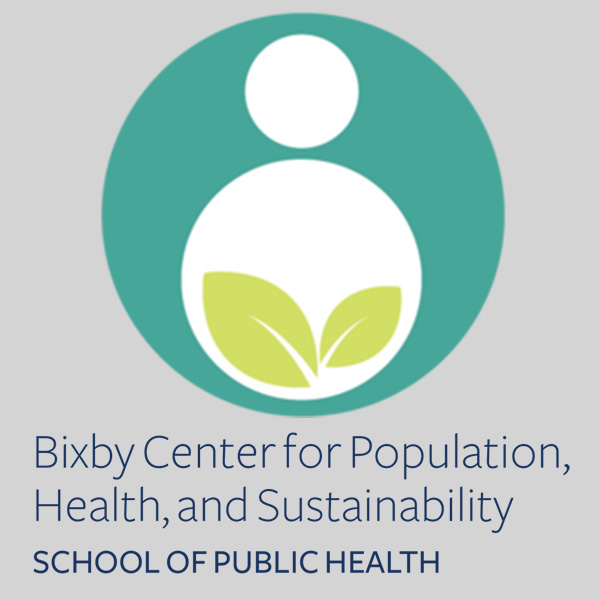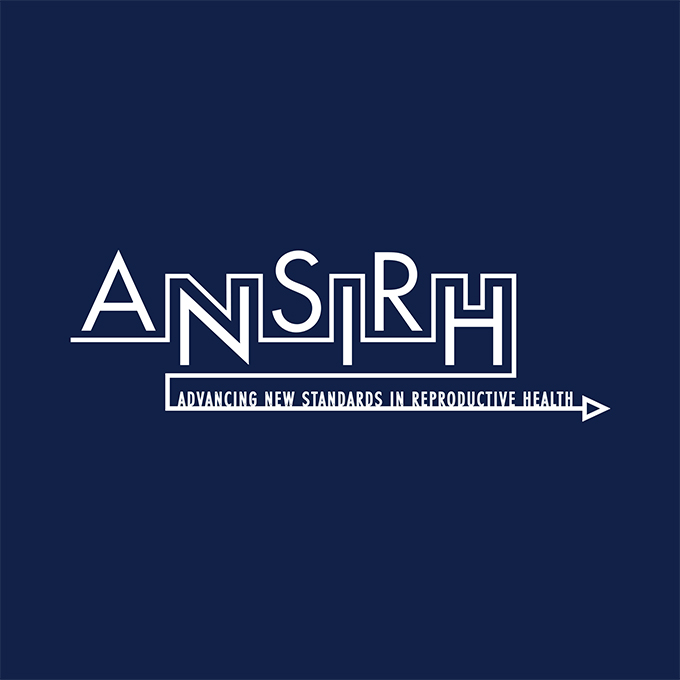Most telling is that none of Sage’s methodological concerns invalidates any finding in any of the three papers. Regardless, Dr. Studnicki responded to the expressed concerns in good faith. Rather than engage with Dr. Studnicki on the quality of the science, Sage has now decided to act as judge, jury and executioner, ignoring CLI’s affirmative defense of its research.
Sage’s “undisclosed conflicts of interest” claim also lacks merit. CLI believes in full transparency, and, at the time of submissions, all authors fully complied with Sage’s conflict disclosure requirements. They also reported their organizational affiliations, as well as CLI funding of the study, as part of the submission for publication. Indeed, the ER study includes 10 mentions of CLI and the authors’ professional status or relationship there. However, Sage now claims that CLI authors involved in the studies had to report their employment at the pro-life organization as a “conflict of interest”—but no such report was required under the authors’ agreement with Sage or given the disclosures that were repeatedly made.
It was not only unnecessary, but also an abrupt departure from Sage’s established standards for all articles on the topic in question. Sage has not required researchers affiliated with pro-choice institutions to report their employment as a “conflict of interest.” There are no disclosures in this study by the pro-abortion Guttmacher Institute or this study led by an abortionist with all authors affiliated with the Bixby Center for Population, Health, and Sustainability. This blatant double standard is unacceptable.
Sage also noted that one of the original reviewers who evaluated the three studies reportedly maintained an affiliation with CLI which, according to Sage, made the review process “unreliable.” When a study is submitted for review, the publisher chooses reviewers who remain anonymous for the duration of the review and publishing process. Anonymity is key because it allows the reviewer to provide candid feedback without worrying about offending the authors.
Sage even goes one step further and uses “double-anonymized” review, meaning neither the author nor the reviewer knows each other’s identities. The reviewers should not have been informed that CLI participated in this paper and there is no information to the contrary. Considering Sage had exclusive control of the review process including the selection of the reviewers, it is entirely the responsibility of the journal, not CLI.
As the authors have made clear to Sage:
- No finding in any of the three studies has been substantively challenged, let alone proven invalid.
- Sage has shown no evidence of any major errors, miscalculations, or falsehoods.
- There is no breach of the guidelines of the Committee on Publication Ethics, which helps set standards for academic publications.
- These retractions are clearly unwarranted.
If this precedent of rejecting open inquiries in the scientific field continues, then the honest pursuit of science has truly become an afterthought. As matters of policy, practice, and legality, CLI does not engage in political activity; we strive to provide quality research to inform the topic under study. We stand by our work, and we stand behind Dr. Studnicki and his eminent career of research, teaching, and mentoring investigators across the United States in multiple fields of inquiry.
This much should be clear: On issues of public importance, where debates are strenuous and people of prominence and ability disagree, the premium on the conduct of fair and free research and publishing is even higher.
On October 3, 2024, attorneys with Alliance Defending Freedom and Consovoy McCarthy PLLC filed a with the Superior Court of California, Ventura County. The attorneys are asking the court to enforce Sage Publications’ contractual obligation to arbitrate the scientists’ claims against Sage after the academic publisher retracted—without justification—three of their articles then removed one of the authors from the editorial board of an academic journal.

